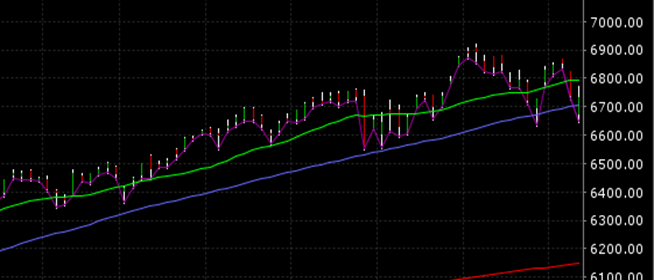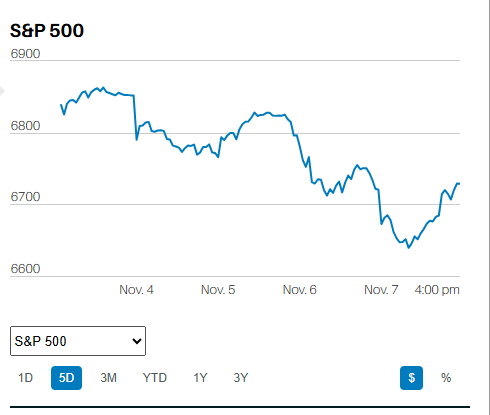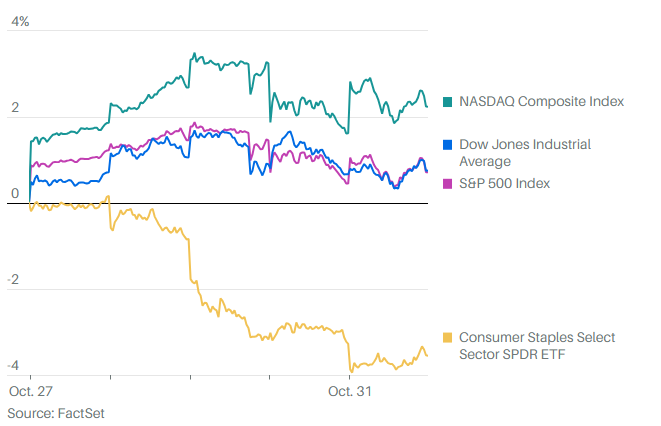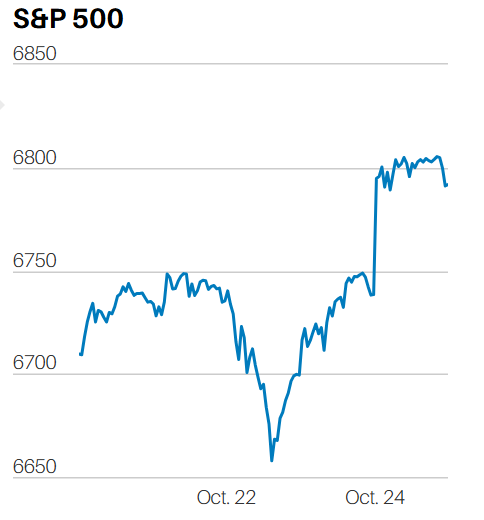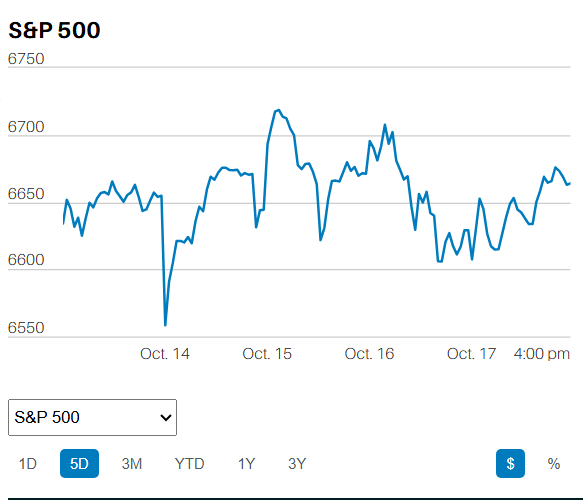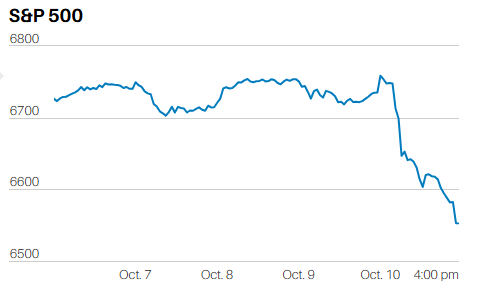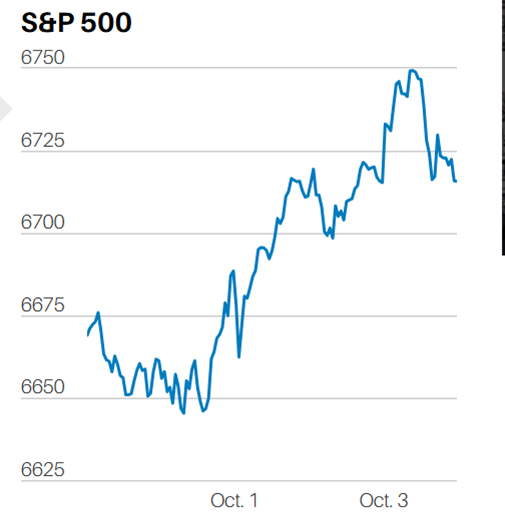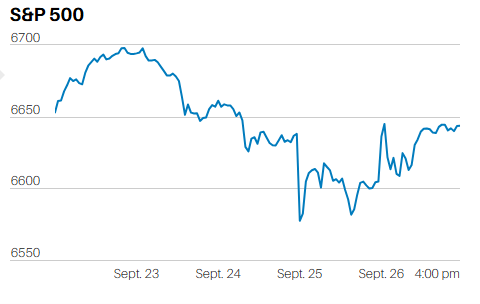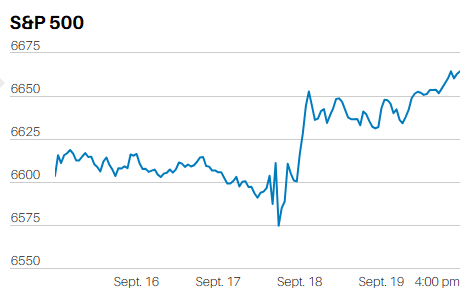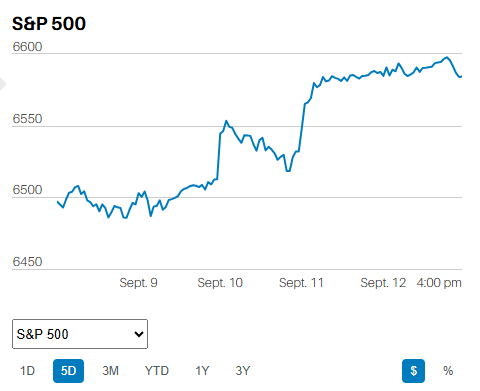Does your 401(k) fund lineup contain target retirement date funds?
If not, then it should.

A target date fund is an age-based retirement investment that helps you take more risk when you're young and gets more conservative over time. Target date funds help take the guesswork out of saving for retirement. They are typically a good choice for people planning for retirement because they provide a diversified mix of equities and fixed income that rebalances over time.
Target date funds mix several different types of stocks, bonds, and other investments to help you take more risks when you’re young, and gradually get more conservative in your investment strategy over time.
How do target date funds work?
Investors can take more risk when they’re younger, as they can weather the typical ups and downs of the stock market over a long term horizon. But as investors get close to their retirement, the fund moves toward lower risk options accordingly. Target date funds can be actively managed or passively designed against indices or pre-set benchmarks.
How are target date funds allocated?
When considering the best target date funds for you, it’s important to note that different funds are designed with unique investment strategies in mind, and that can lead to different desired outcomes. Traditional target date funds typically follow set asset allocations or might be constructed to seek outperformance of certain benchmarks (like the S&P Target Date Indices, for example). These types of funds tend to be on the more conservative side and contribute to a balanced portfolio.
Are target date funds a good investment?
Target date funds are one tool to have in your arsenal to help minimize retirement risks as much as possible. Even with good habits in place, saving for retirement can be stressful and there are some risks that are beyond your control. What risk saving measures can you take with target date funds? Diversification and managing inflation.
What is diversification?
Diversification is an investment strategy that accounts for market turbulence, so if one kind of investment (let’s say stocks, for example) has a bad year, other types of investments (like bonds, in this case) might have an up year.
Longer life expectancies mean more time to invest, which, in turn, means more exposure to potential market downturns. Target date funds can help address the risk of market turbulence by providing diversification.
Have questions about your plan's target date fund offerings? Reach out to us. We're happy to answer them.
